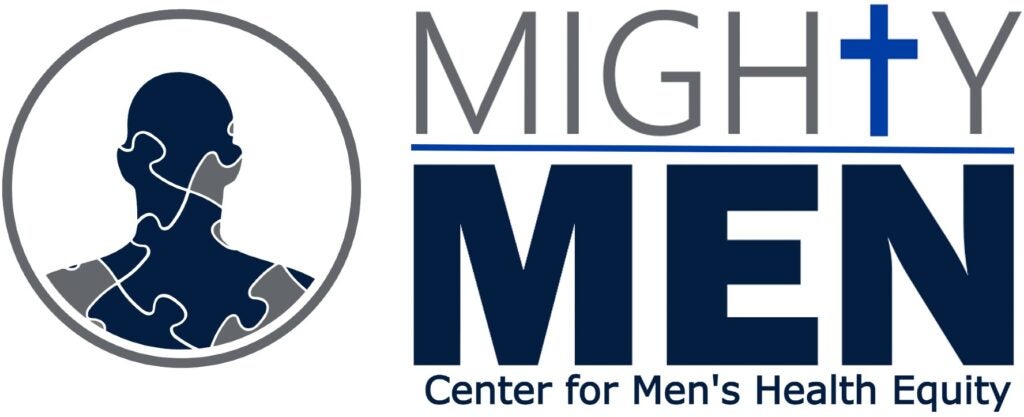Mighty Men

A Faith-Based Weight Loss Program to Reduce Cancer Disparities
Now Seeking DC Athletic Trainers
The Center for Men’s Health Equity is now hiring DMV-based Athletic Trainers to assist with the Mighty Men program.
Applicants must be certified personal trainers.
To review further qualifications and apply, please visit this page. Any questions can be emailed to cmhe@georgetown.edu.
Join Us
Is your church interested in being involved with Mighty Men? If so, please complete this Eligibility Survey.
Once you have submitted your Mighty Men Eligibility Survey, remember to also sign and submit your Letter of Commitment, found below. Signed letters should be emailed to CMHE@georgetown.edu.
Mighty Men Letter of Commitment PDF
Mighty Men Letter of Commitment Word
Printable Mighty Men information packet PDF
What is Mighty Men?
- Mighty Men is a 6-month faith-based weight-loss intervention for obese African American men 35-74 years old. It includes weekly meetings of small group sessions for men to engage in exercise or health education. Mighty Men was piloted in Atlanta, GA and the full-scale intervention will be completed in Washington D.C.
- The main goal of Mighty Men is to help men lose weight and maintain weight loss by focusing on increasing weekly levels of exercise and leisure time physical activity.
- In addition to weekly small group sessions, the project also uses tailored goals and SMS text messages to encourage healthy behavior changes.
Why are we doing Mighty Men?
- African American men have the second highest rate of obesity among men.
- African American men have the highest rates of dying from colon, lung, and aggressive prostate cancer, all of which are related to high rates of obesity.
- Few programs have focused on weight loss, physical activity and diet change specifically for African American men.
- Studies have not collectively incorporated values, faith and health.
Why is a faith-based approach important?
- Knowledge is not enough for all men to make lifestyle changes; often men need support and motivation to change and maintain healthy behavior.
- Faith, friends and family are important sources of motivation for men.
- Churches are a pillar in the African American community, and places where men can engage in fellowship and motivate one another to be healthier.
Funding information
- Principal Investigator: Derek M. Griffith, PhD
- Funding source: American Cancer Society
- Mechanism: Cancer Control and Prevention – Psychosocial and Behavioral Research